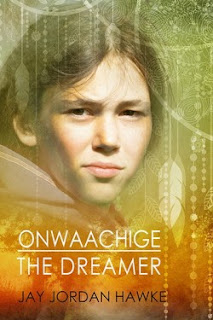For your convenience, I've highlighted it:
Looking for Alaska, by John Green
Reasons: Offensive language, sexually explicit, and unsuited for age group.
Fifty Shades of Grey, by E. L. James
Reasons: Sexually explicit, unsuited to age group, and other (“poorly written,” “concerns that a group of teenagers will want to try it”).
I Am Jazz, by Jessica Herthel and Jazz Jennings
Reasons: Inaccurate, homosexuality, sex education, religious viewpoint, and unsuited for age group.
Beyond Magenta: Transgender Teens Speak Out, by Susan Kuklin
Reasons: Anti-family, offensive language, homosexuality, sex education, political viewpoint,
religious viewpoint, unsuited for age group, and other (“wants to remove from collection to ward off complaints”).
The Curious Incident of the Dog in the Night-Time, by Mark Haddon
Reasons: Offensive language, religious viewpoint, unsuited for age group, and other (“profanity and atheism”).
The Holy Bible
Reasons: Religious viewpoint.
Fun Home, by Alison Bechdel
Reasons: Violence and other (“graphic images”).
Habibi, by Craig Thompson
Reasons: Nudity, sexually explicit, and unsuited for age group.
Nasreen’s Secret School: A True Story from Afghanistan, by Jeanette Winter
Reasons: Religious viewpoint, unsuited to age group, and violence.
Two Boys Kissing, by David Levithan
Reasons: Homosexuality and other (“condones public displays of affection”).
Note that "Homosexuality" is used to cover the two books, I am Jazz and Beyond Magenta, which are both about being Transgender. Gender identity is different than affective orientation, so they could work on their complaint. And it's super-insulting to say a book about real Trans teens in real families is "anti-family."
Fun Home's pivot is the LGBTQ-ness of two main characters, so "other" and "graphic images" seems like a cipher for the real issue. And citing it for 'violence' is ridiculous - I'm not even sure what they're referring to. At least the complaint for Two Boys Kissing is on the money, and they didn't even have to read the book to figure that out. Yes, it's gay. And yes, it condones public displays of affection.
Read all four. In fact, read all ten. (Well, maybe not the Bible. But if it's your cup of tea... Funny how that's on the list this year! And note that Fifty Shades of Gray is a very popular adult erotic novel.)
The point is, we should all have the freedom to read, and parents and caring adults should be able to have these conversations with the young people in their lives without external forces keeping options from them.
Books can be a light in the world, and in our lives. We should let them shine.
The light in me recognizes and acknowledges the light in you,
Lee
960.jpg)

































